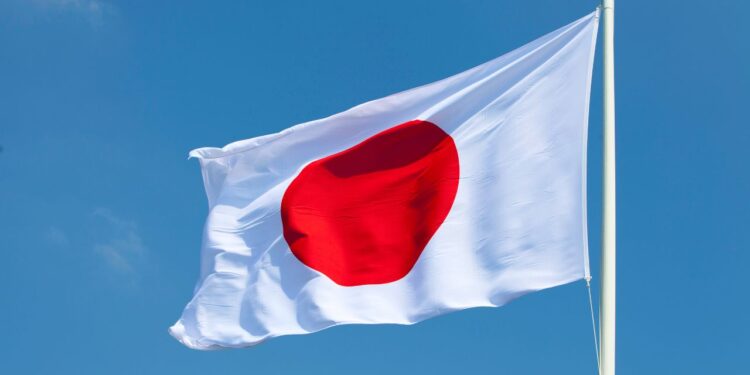Japanese companies have agreed to the largest average wage increase in 33 years, marking a pivotal moment for the nation’s economy and potentially signaling an end to more than two decades of deflation.
According to a report published by Reuters, wages will increase this year by an average of 5.20% — as announced by Japan’s largest union group Rengo. This significant increase is reported to be a key indicator of sustainable inflation and consumer spending in Japan, which are vital for stabilizing the country’s monetary policy.
The Bank of Japan Governor Kazuo Ueda and Prime Minister Fumio Kishida have both publicly stressed the importance of these wage hikes in stabilizing the economy and phasing out deflationary pressures.
Additionally, economists emphasize the importance of this wage growth extending from large corporations to small and midsize enterprises. This year’s wage negotiation, known as “shuntō,” has seen successive rounds of talks, started with large corporations (like Toyota, Nissan, and Panasonic) in March and then moved on to smaller businesses. Reuters reports that the latest figures show a 4.75% wage increase for firms with fewer than 300 employees.
The trend follows the previous year’s successful labor negotiations and hints at a potential shift in Japan’s economic policy with implications for increasing national consumption while adapting to inflation.
As the world continues to face high inflation, Japan’s wage hikes among many of its major firms could influence other countries economic policies. Additionally, the success of Japan’s union-led wage negotiations could empower labor unions in other countries, promoting more aggressive wage demands and negotiations.



 Dr. Gleb Tsipursky – The Office Whisperer
Dr. Gleb Tsipursky – The Office Whisperer Nirit Cohen – WorkFutures
Nirit Cohen – WorkFutures Angela Howard – Culture Expert
Angela Howard – Culture Expert Drew Jones – Design & Innovation
Drew Jones – Design & Innovation Jonathan Price – CRE & Flex Expert
Jonathan Price – CRE & Flex Expert










